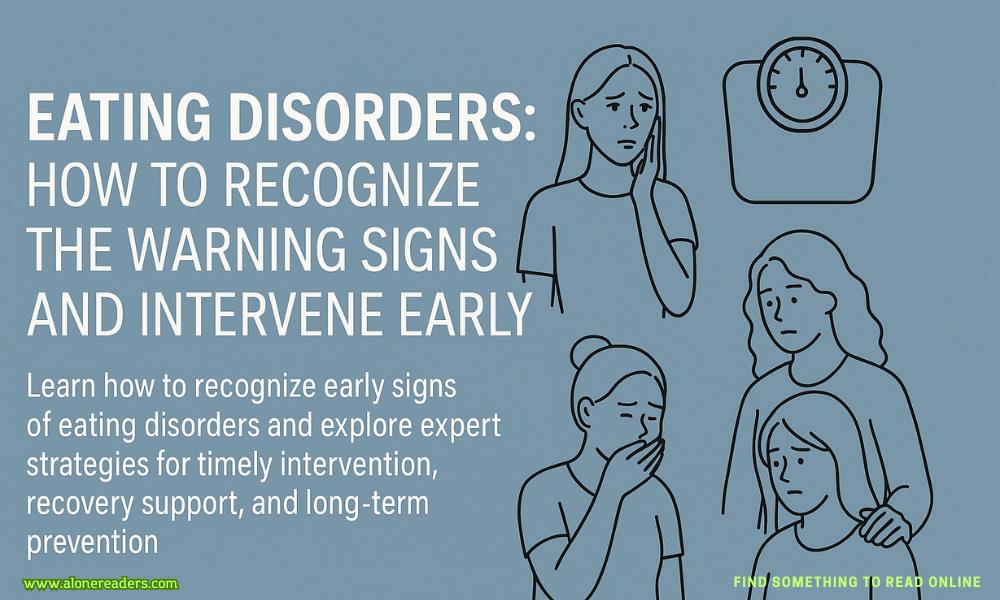Page 38 of Broken Country
Leo shoots his hand out in front of him, uncurls his palm to reveal the little leather photo holder. “I took it from your bag.”
He looks ashamed, staring down at the ground but, for a moment, the flood of relief is so great all I can do is clutch the photo to my chest. I feel the weight of tears rising in my throat. “I was going out of my mind. I thought I’d lost it.”
“I’m sorry,” Leo says.
“Nowhere upstairs,” Frank says, then he takes in the scene on the doorstep.
“Ah, you found it? Kind of you to bring it back. It must have fallen out of Beth’s bag, she’s been so worried. We both have.”
I think Gabriel is going to let Leo get away with it and I’m glad—no need to humiliate him any further.
But Leo cries: “It was me! I stole it. I wanted it. I like looking at Bobby.”
I see the shock on Frank’s face as he takes in what Leo has said. “I see,” Frank says. His voice is neutral but he is looking only at me.
“Anyway,” I say, hurriedly, “we’re making far too much out of this. The photograph is safe, and Leo has apologized.”
The minute the door has closed behind Gabriel and Leo, we stand inches apart, looking everywhere but at each other.
“The photo stays here in future. Let’s not lose it again,” Frank says.
“I’m sorry,” I say, not sure what I’m apologizing for. It feels like everything.
“He was our boy,” Frank says, his voice breaking. “And he’s gone. Why should they have anything to do with him?”
“Frank—” I reach out to grab one of his hands but he shifts away from me.
“You knew what you were doing when you took that job. You refused to listen to me when I said it was a bad idea. How the hell do you think it’s going to end?”
Before
The society wedding everyone has been discussing for months takes place on Bobby’s third birthday. While I am planning a small picnic beneath the oak tree for our family, an army of vans are unloading their contents at Meadowlands.
There is a running commentary on the decadence unfolding, a narrative that is mostly bitter since none of the villagers have been invited. How wasteful and extravagant are the hothouse flowers—rare blue orchids, first reported by the cleaning lady, and denigrated at length in the village shop. Twenty-four cases of champagne unloaded by the gardener, something French-sounding, he’d said, he couldn’t remember what. The marquees—not one, but two—positioned so they have a perfect view of the lake, easily seen from the road. These tents are quite something, I am told. Even Helen, who knows better than most how painful the subject matter, how thin the ice upon which we skate, cannot resist elaborating.
“They’ve covered them with strings of colored lights. Stunning—like something out ofArabian Nights,” she says.
My heart does beat a little faster then.
Some of the villagers are employed in the run-up to the wedding—extra cleaners, gardeners, laundry maids—and now there is a deluge of detail. Three hundred guests invited, Hollywood stars rubbing shoulders with English aristocracy, novelists, musicians, and politicians. There is rumor of Elizabeth Taylor and Alec Guinness, Doris Lessing, the Duchess of Argyll. Tessa Wolfe must be in her element.A wedding dress designed by Norman Hartnell, pictures taken by society photographer Antony Armstrong-Jones. A swing band flying in from the States. A chef from Paris. The wedding of the year—it said so inTatler.
Bobby wakes early on his birthday: It is half-light when I hear his bare feet running along the floorboards and his small, soft body squeezes in between us.
“I’m three,” he announces, and I know Frank is thinking the same thing as me when he replies, “Three whole years of you? Wow.”
“And there was a storm that day,” Bobby says, his prompt for Frank to tell the story of his birth.
He settles his head on his father’s chest and Frank curls an arm around him.
“We don’t get many storms in the summer but when we do they tend to be big. And this one was colossal. Trees came down, phone lines were cut, people lost electricity. Your mum was all on her own. And the baby was coming—”
Bobby’s favorite part is when his uncle Jimmy arrives home in his school uniform and saves the day. Jimmy is Bobby’s hero. He believes Jimmy saved his life. And maybe he did.
As it’s his birthday, Bobby is allowed to go milking with the men. He’s too small to be much more than a hindrance but they always wait patiently while he tries and fails to do what they do. Milking takes a good while longer when Bobby is involved.
I listen to Frank helping Bobby dress in his room, sudden riotous laughter when he puts both feet through one leg hole of his underpants, the discussion about his navy overalls, which Helen made for him—an exact copy of the ones David, Frank, and Jimmy wear.
“Not a baby anymore,” Bobby says.
- Her Desert King by Marian Tee
- A Wife's Duty by Sam Crescent
- The Gift that Keeps On Giving by Jessa Kane
- Hard Hearts by Ella Goode
- Obsidian Devotion by Sylvia Rae
- Sold to the Single Daddies by Summer Haze
- Coast by Jessica Gadziala
- Jezebel's Liberation by Lacy Rose
- A Touch of Fate by Cora Reilly
- Relentless Knight by Lisa Cullen
- The Cheerleader by Jade Marshall
- With this Ring by Sierra Cartwright
- Axel by Kelly Finley
- Ice Cold Liar by Cynthia Eden
- Her Daddies' Everything by Laylah Roberts
- Bound By Lust by Rose Marie







